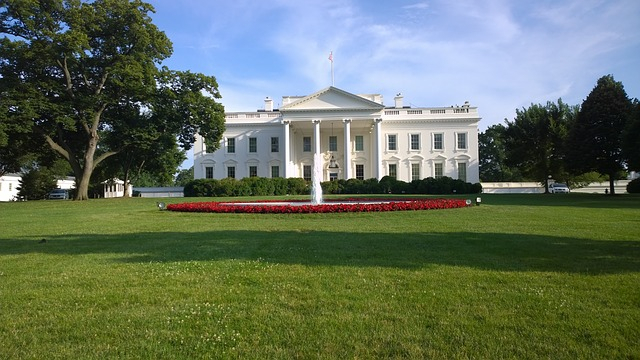
The White House has unveiled the first part of its Middle East peace proposal, which is being deemed as an economic "workshop" to encourage investing capital in the West Bank, Gaza, and the region, a senior administration official told CNN.
The White announced on Sunday that the workshop will take place in Manama, Bahrain, on June 25 and 26, bringing together finance ministers with global and regional business leaders.
The effort is being headed by Jared Kushner, the senior White House adviser and President Donald Trump's son-in-law, and White House Middle East envoy Jason Greenblatt, who have spent years developing the proposal along with the much stickier political component, which officials said would be announced later in the year.
Kushner told CNN on Sunday that "people are letting their grandfathers' conflict destroy their children's futures. This will present an exciting, realistic and viable pathway forward that does not currently exist".
The senior administration official said that the plan will discuss four major components: infrastructure; industry; empowering and investing in people; and governance reforms "to make the area as investible as possible".
The economic plan will also include a "combination of grant money, low interest loans and then also private capital", the official said.
The workshop however, will avoid political issues such as whether the Palestinians will get their own state; the status of Jerusalem; measures Israel takes in the name of security; and what should happen with Palestinians and their descendants who fled or were expelled from Israel around the time of the state's creation in 1948, he added.
Finance ministers, but not foreign ministers, will be invited along with delegations of business leaders.
On Sunday afternoon, however, Palestinian Authority President Mahmoud Abbas' spokesman, Nabil Abu Rudeineh, told CNN that the plan was "futile".
"Any economic plan without political horizons will lead nowhere... Palestinians will not accept any proposals which do not include a Palestinian state with East Jerusalem as its capital."
The decision on whether or not Palestinians would attend the workshop would be made by the leadership of Abbas, Abu Rudeineh said, adding that when a similar meeting was held in Washington in March 2018 to discuss ways of improving the economic and humanitarian situation facing Gazans, the Palestinians had chosen to stay away.








